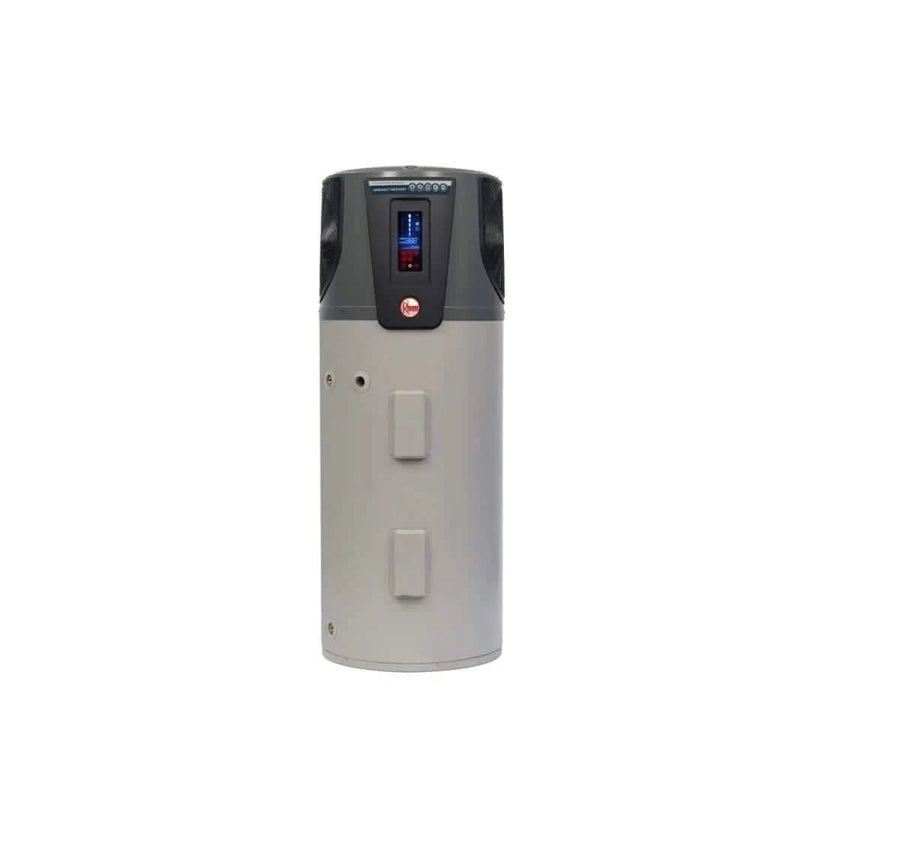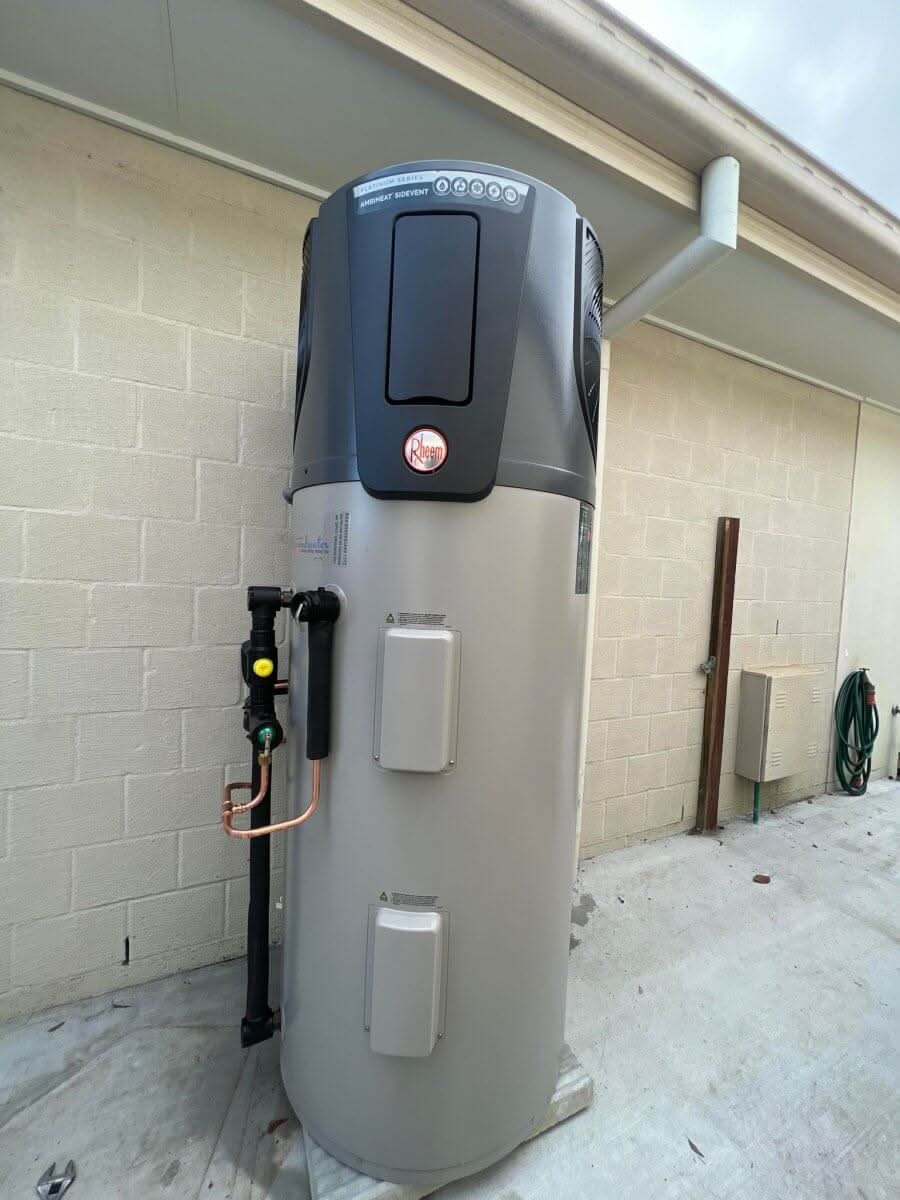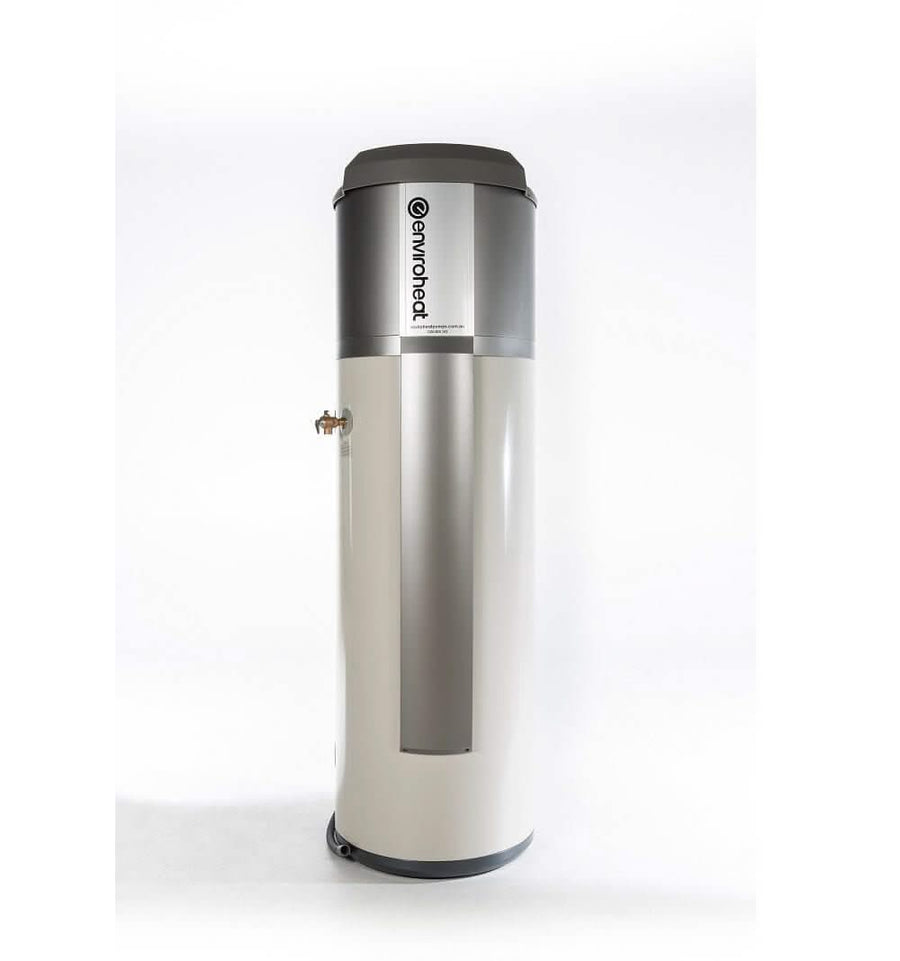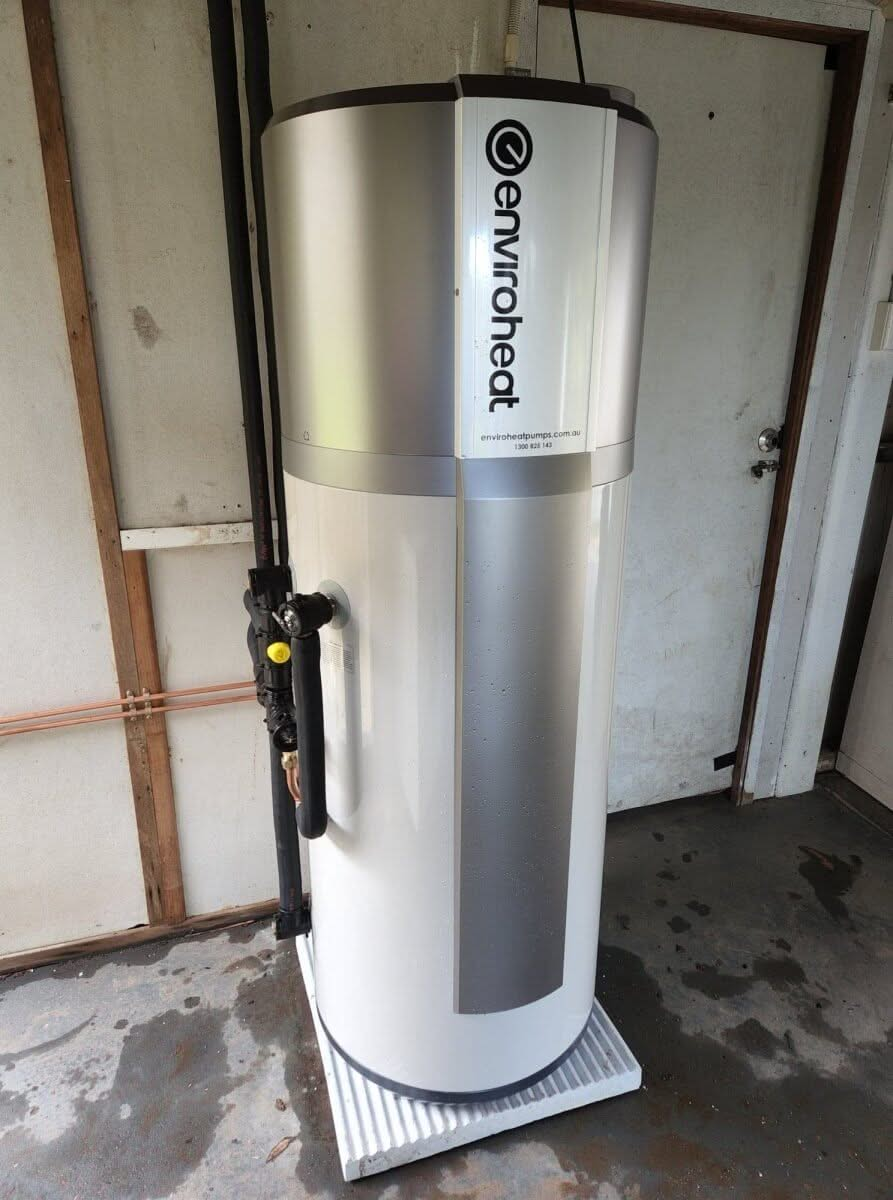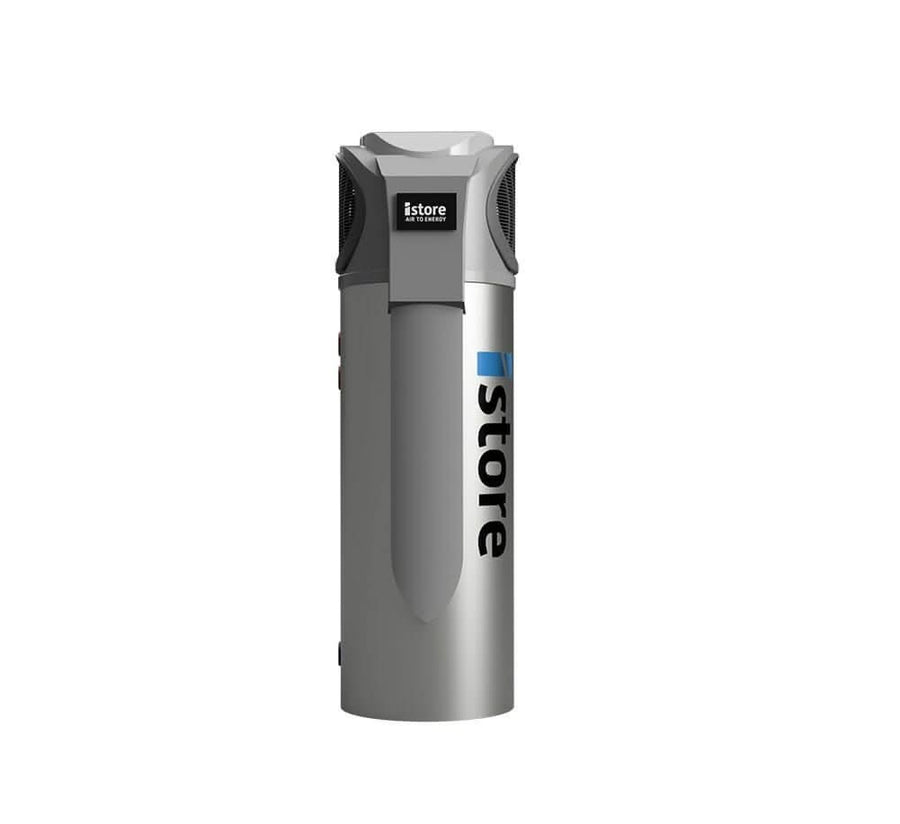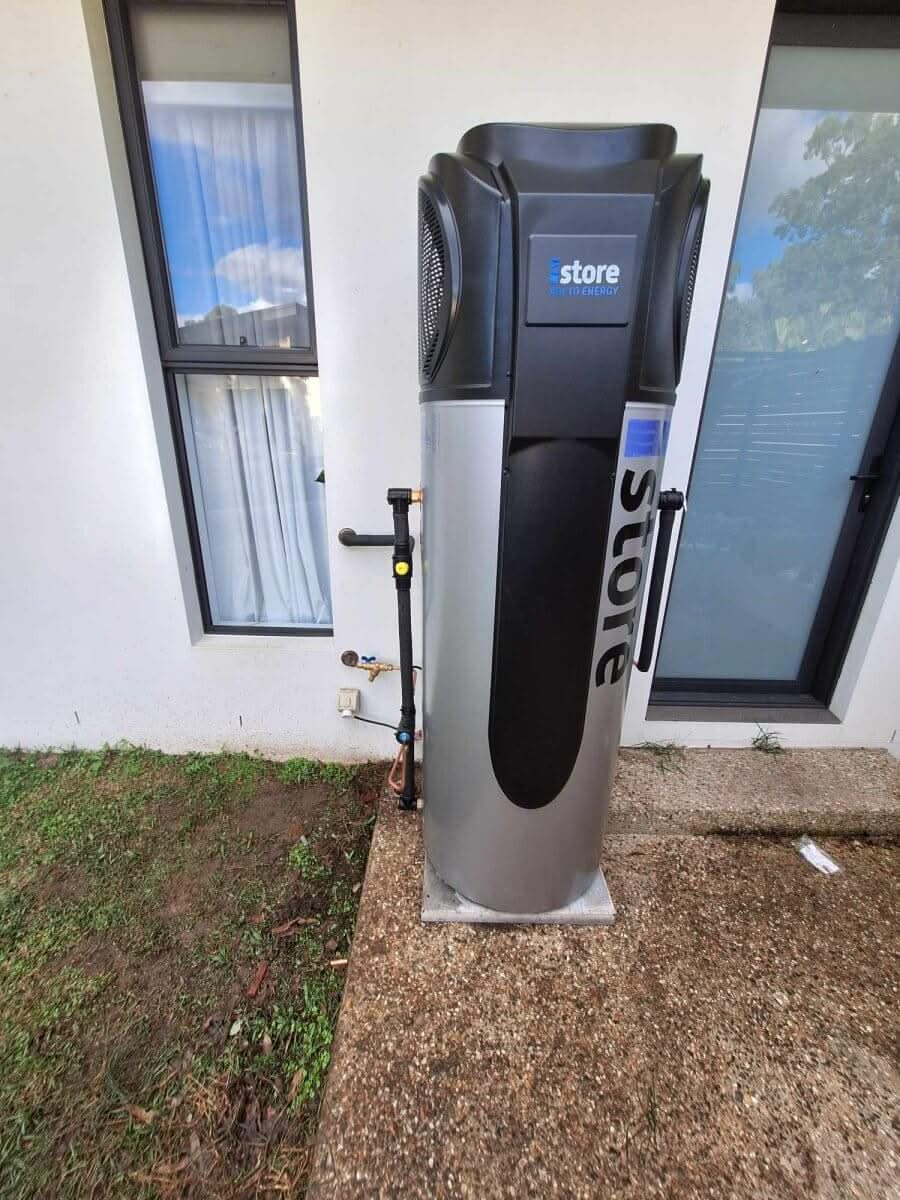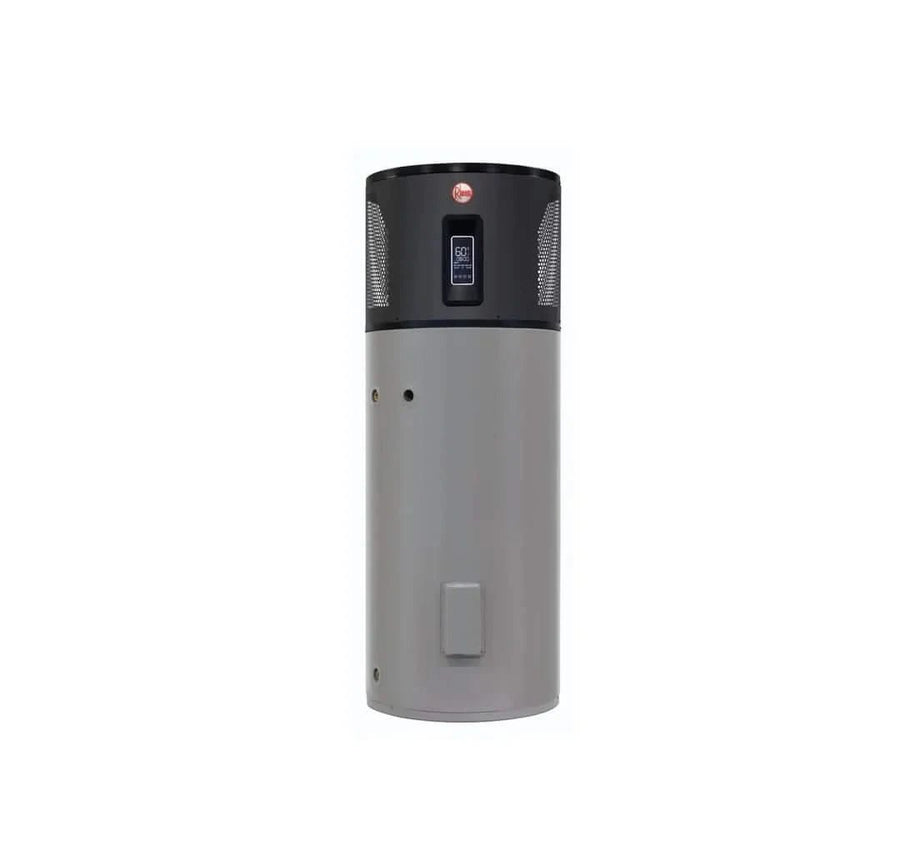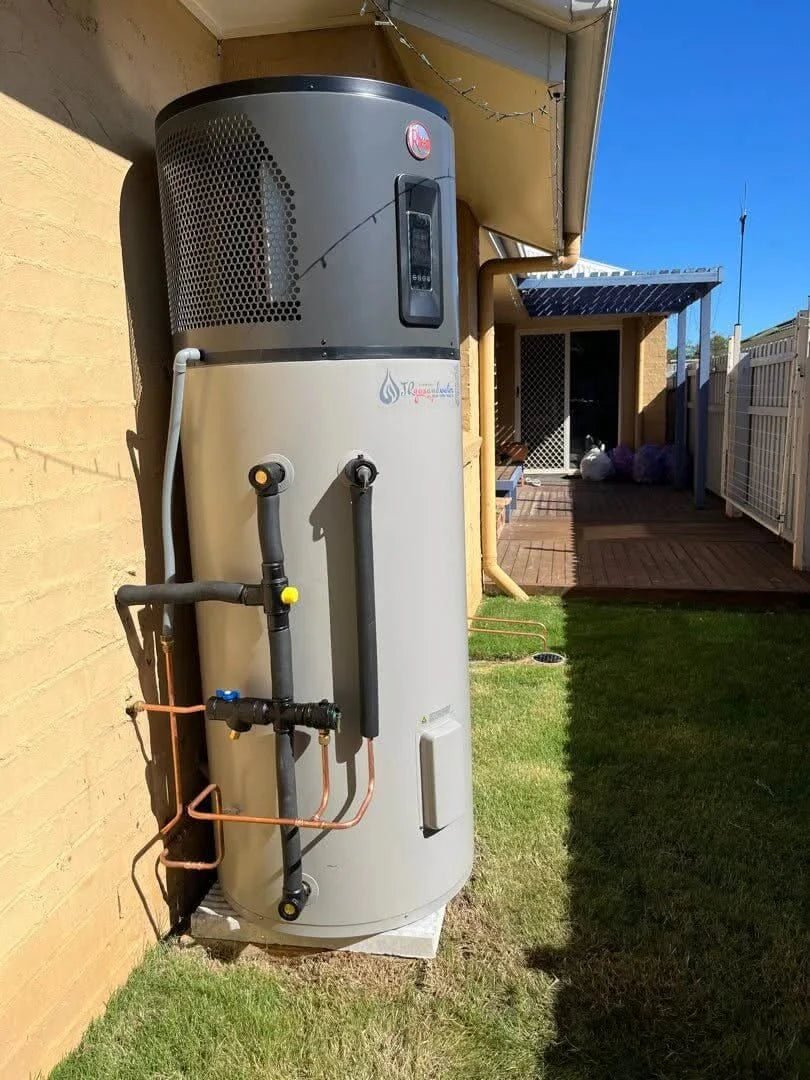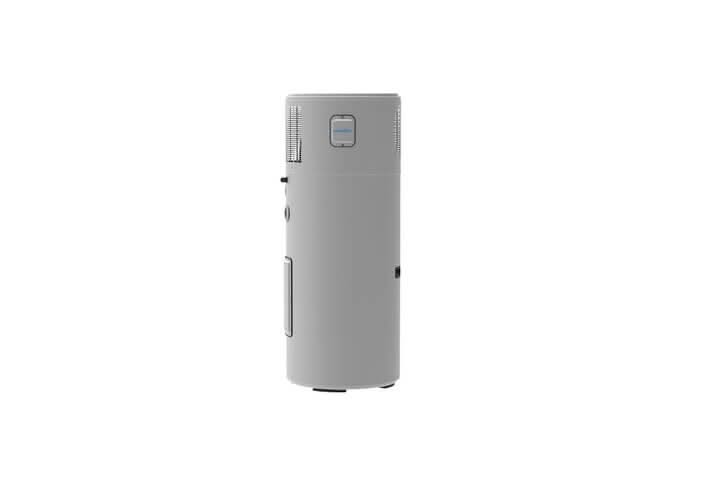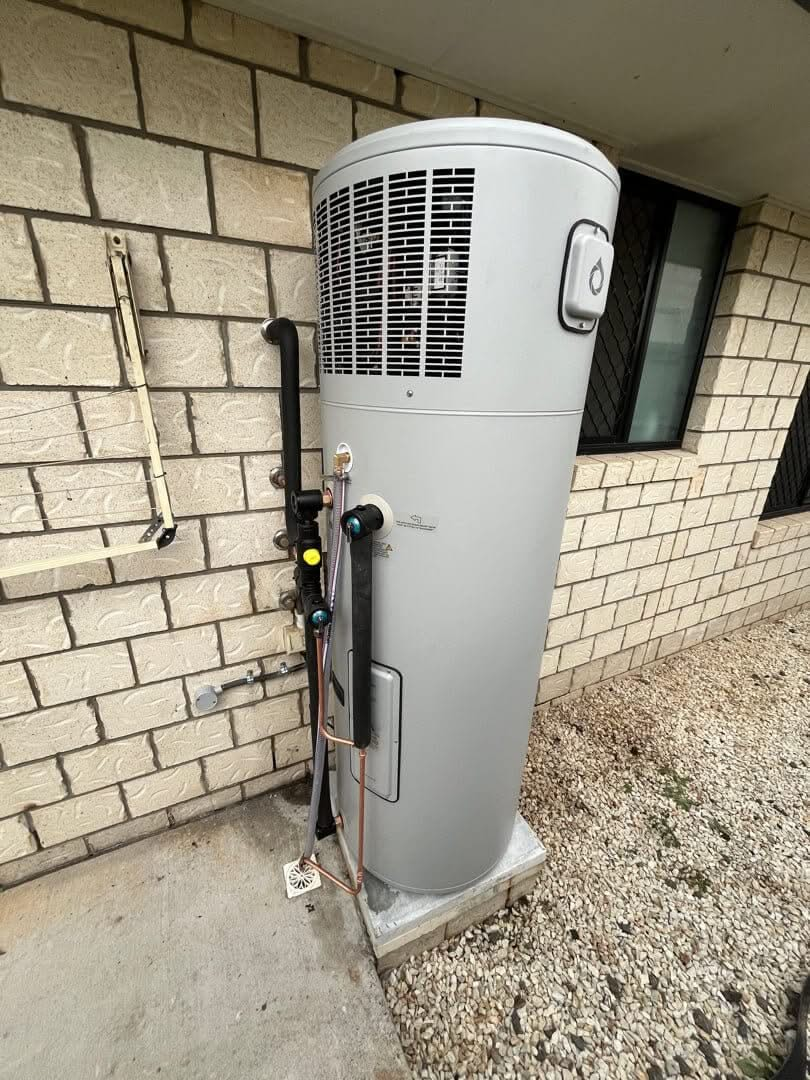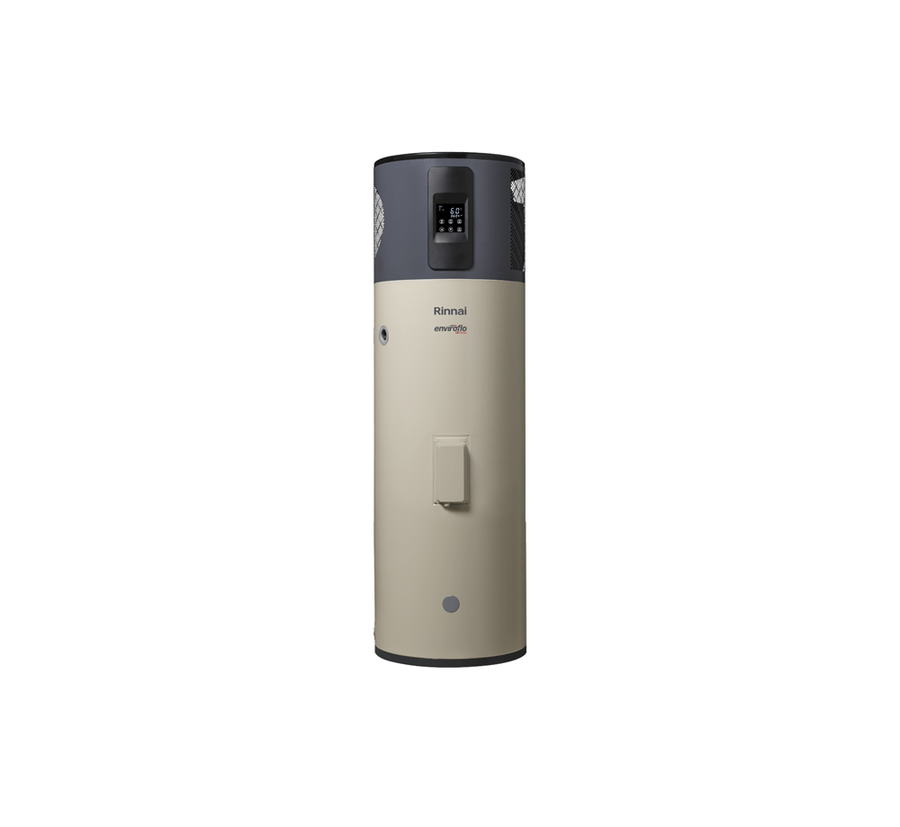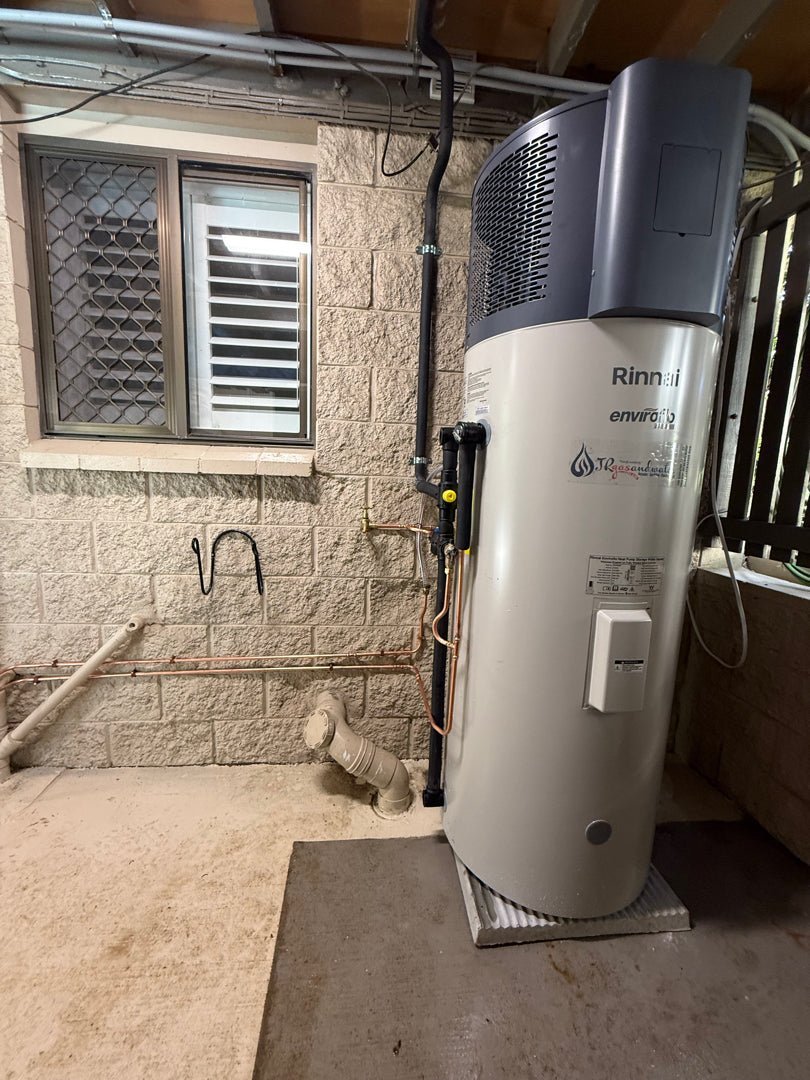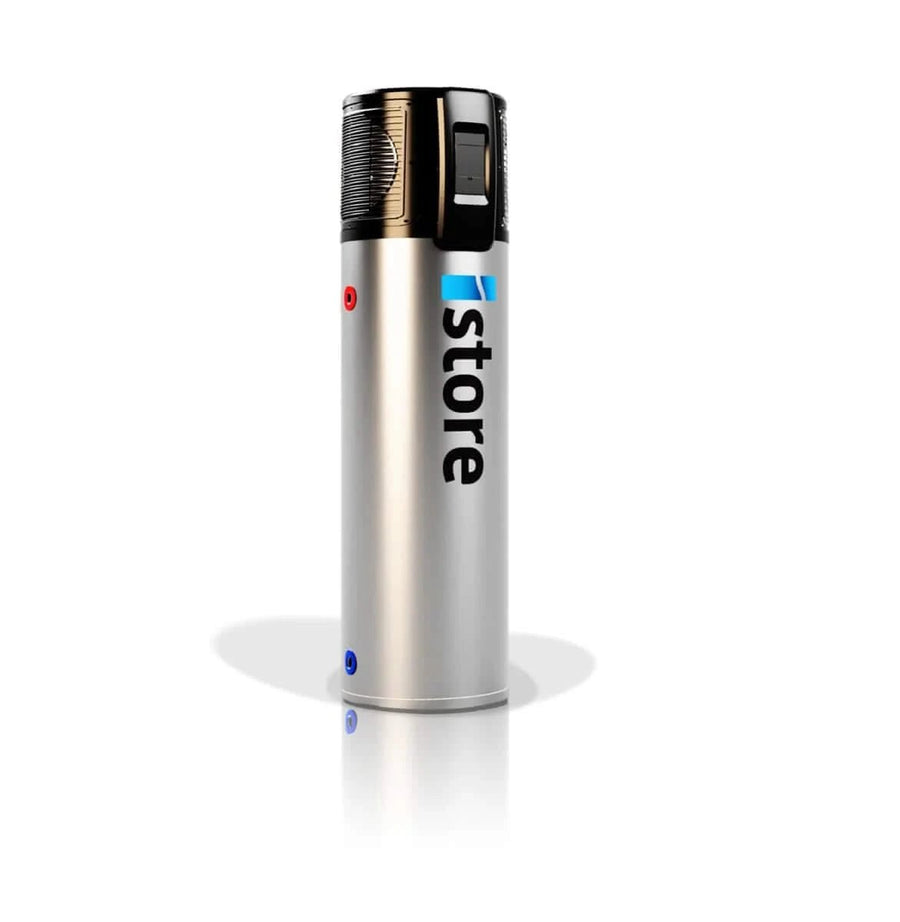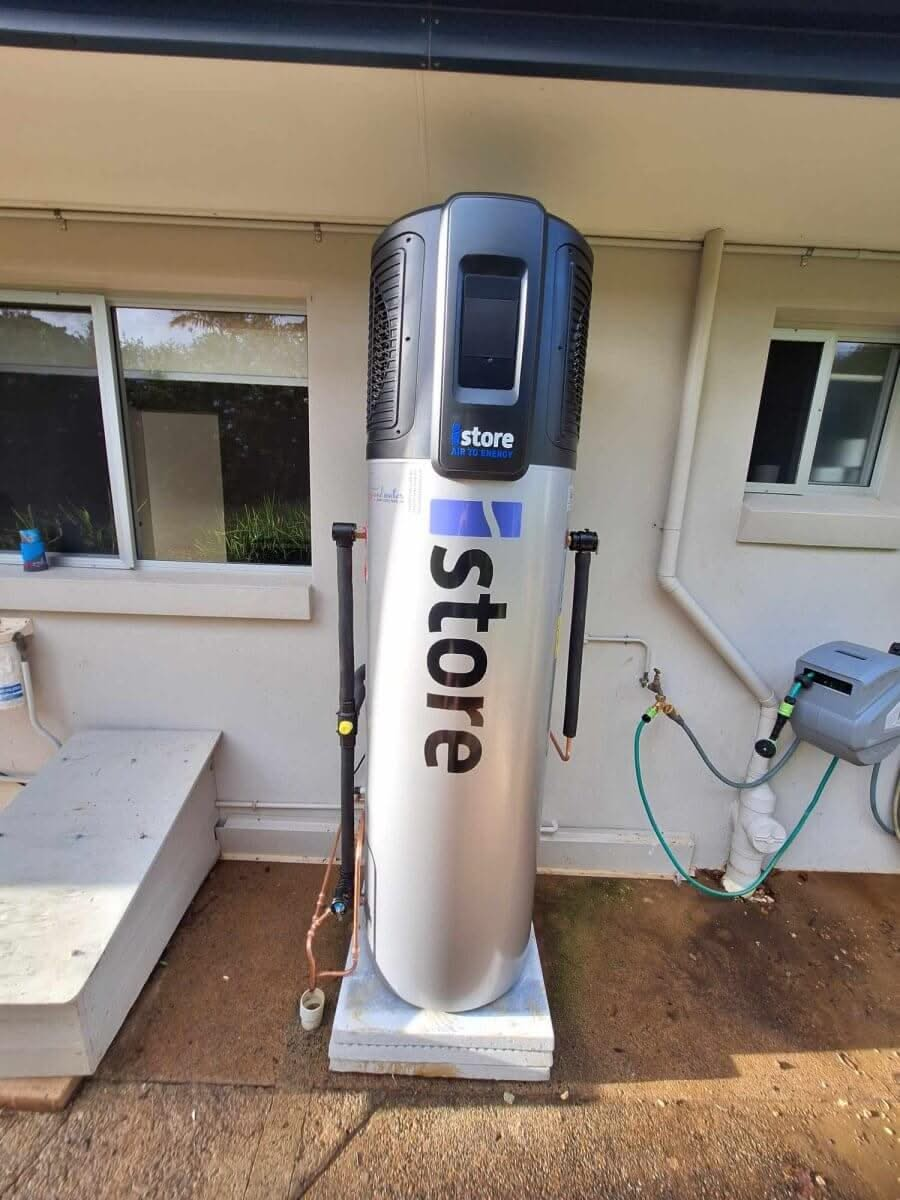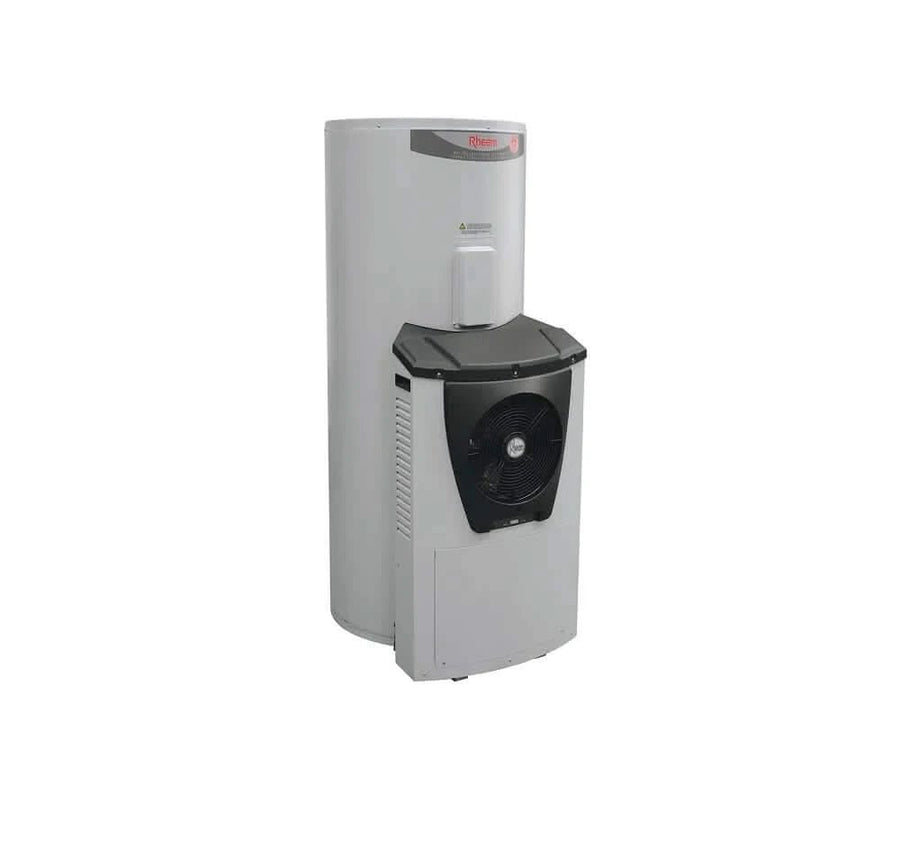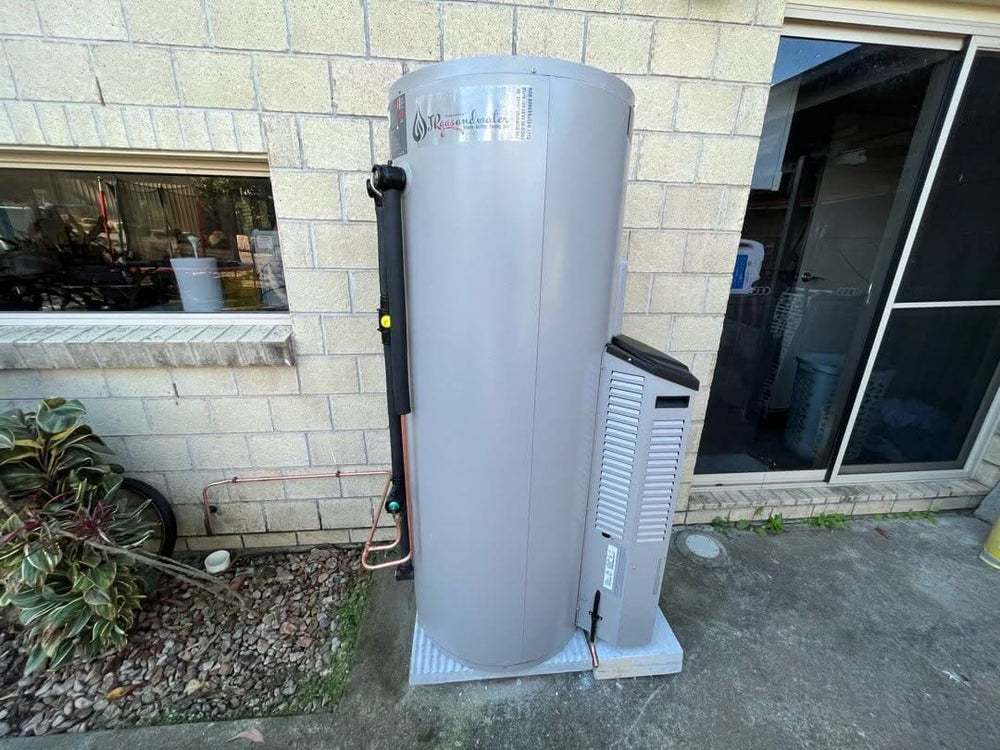Heat Pump Hot Water Sunshine Coast: The Ultimate Guide to Systems
What is a Heat Pump?
A heat pump is an innovative device that harnesses heat energy from the air around us to heat water. Unlike traditional systems that rely on burning fossil fuels, heat pumps use ambient air, making them an energy-efficient solution for providing hot water. Engineered to run on low energy costs, heat pumps can operate effectively even in very cold conditions, with a minimum temperature threshold of -10 degrees Celsius. This makes them particularly suitable for the Sunshine Coast, where they can efficiently harvest natural energy from the air to heat water, regardless of sunlight availability. Whether for homes or businesses, heat pumps offer a reliable and eco-friendly hot water solution.
How Heat Pumps Work
The operation of a heat pump is akin to a reverse refrigerator. It uses a working fluid that vaporizes as it extracts heat from the surrounding air. This vaporized fluid then transfers the absorbed heat to the water in the tank via a coil. As the fluid circulates around the coil, it releases the heat, warming the water. This process turns the vaporized fluid back into a liquid, allowing the cycle to begin anew. This method of pumping heat into the water is highly efficient, requiring only about 30% of the energy for the electricity to run the pump. The remaining 70% of the energy needed to create hot water comes for free from the heat in our environment, making heat pumps a cost-effective and environmentally friendly choice.
Why Choose a Heat Pump Hot Water System?
If you live on the Sunshine Coast, you’re probably looking for an energy-efficient and cost-effective way to keep your home supplied with reliable hot water. Heat pump hot water systems offer an excellent solution by using ambient air to heat water, significantly reducing electricity usage compared to traditional electric water heaters. Additionally, these systems help reduce greenhouse gas emissions, highlighting their environmental benefits.
Benefits of Heat Pump Hot Water Systems:
-
Energy Efficiency – Uses up to 70% less electricity than conventional electric hot water systems.
-
Cost Savings – Lower running costs, helping homeowners save on electricity bills.
-
Eco-Friendly – Reduces carbon emissions compared to gas or electric storage systems.
-
Helps reduce greenhouse gas emissions, contributing to environmental sustainability.
-
-
Government Rebates – Many homeowners are eligible for rebates, making installation more affordable.
-
Works in Various Climates – Even in cooler weather, modern heat pump technology efficiently extracts heat from the air.
Choosing the Right Heat Pump System
When selecting a heat pump water heater for your Sunshine Coast home, it’s essential to consider:
1. Capacity and Household Size
-
For small households (1-2 people) – 150-200L capacity is usually sufficient.
-
Medium-sized households (3-4 people) – Opt for a 250L system.
-
Larger families (5+ people) – A 315-400L system ensures adequate hot water supply.
2. Brand Reliability
Choosing a reputable brand ensures longevity and performance. Top-rated heat pump brands include:
-
Rheem Ambiheat – Designed for Australian conditions, highly efficient.
-
Stiebel Eltron – German-engineered, energy-efficient, and quiet operation.
-
Rinnai – Offers high-performance models with advanced features.
-
Aquamax – Well-known for durable and energy-efficient designs.
3. Operating Noise Level
Some heat pump systems generate noise while operating. If noise is a concern, look for low-decibel models or install the system away from living areas.
4. Installation Requirements
Most heat pumps require good airflow to function efficiently. Ensure that:
-
There is sufficient outdoor space for ventilation.
-
Installation complies with Sunshine Coast’s plumbing and electrical standards.
Installation Process and Costs
Professional Installation
For optimal efficiency and warranty compliance, always use licensed plumbers and electricians for installation. The Sunshine Coast has many experienced professionals who specialize in heat pump hot water systems.
Estimated Costs:
-
Supply & Installation – Prices range from $3,000 to $5,500, depending on the brand, model, and installation complexity.
-
Government Rebates – Queensland residents can access rebates up to $1,000, significantly reducing costs.
-
Operating Costs – Expect annual electricity costs to be 50-70% lower compared to electric storage systems.
Maintenance Tips for Longevity
To ensure your hot water heaters operate efficiently, follow these maintenance guidelines:
1. Regular Inspections
-
Check for leaks or signs of wear.
-
Ensure adequate airflow around the unit.
2. Clean Air Filters
-
Remove dust and debris every 6 months to maintain efficiency.
3. Temperature Settings
-
Set your thermostat to 50-60°C to balance efficiency and comfort.
4. Professional Servicing
-
Schedule servicing every 2-3 years to ensure optimal performance and catch potential issues early.
Repair and Troubleshooting
If your heat pump hot water system isn’t working as expected, several issues could be at play. Common problems include malfunctioning thermostats, faulty heating elements, or issues with the pipes. It’s advisable to contact a professional plumber to diagnose and repair these issues. Regular maintenance and servicing are crucial for preventing problems and ensuring your system operates efficiently. A well-maintained heat pump hot water system consumes less power, saving you money on electricity bills. Moreover, a reliable hot water system is essential for meeting your household’s needs, making professional installation and regular upkeep vital for a quality hot water service.
Government Rebates and Incentives
The Queensland Government and Clean Energy Regulator offer rebates for homeowners switching to energy-efficient hot water systems. Check eligibility through:
-
Small-scale Technology Certificates (STCs)
-
Energy Savings Schemes
These rebates can reduce upfront costs by $800-$1,000.
Finding a Trusted Installer on the Sunshine Coast
When choosing an installer, look for:
-
Licensed & Insured Plumbers – Verify credentials with the QBCC.
-
Experience with Heat Pumps – Ensure they specialize in heat pump installations.
-
Positive Reviews – Check customer feedback on Google or Facebook.
Recommended Local Installers:
-
JR Gas & Water – Specializing in heat pump hot water systems with excellent service.
-
Installed Today – Fast installations and top-rated support.
Conclusion: Is a Heat Pump Hot Water System Right for You?
If you’re looking for an energy-efficient, cost-effective, and eco-friendly hot water solution for your Sunshine Coast home, a heat pump hot water system is an excellent choice. With lower energy consumption, government rebates, and long-term savings, switching to a heat pump is a smart investment for the future.
Ready to make the switch? Contact a local Sunshine Coast heat pump specialist today and start saving on your hot water bills!




